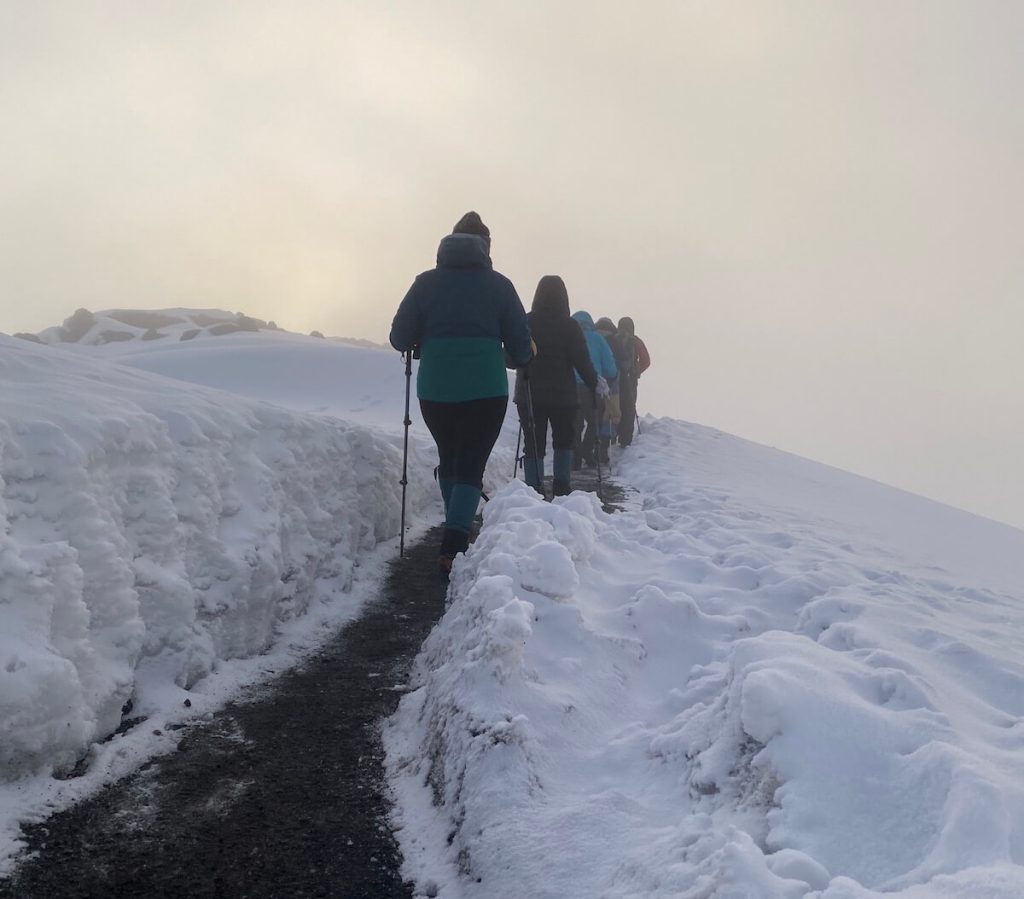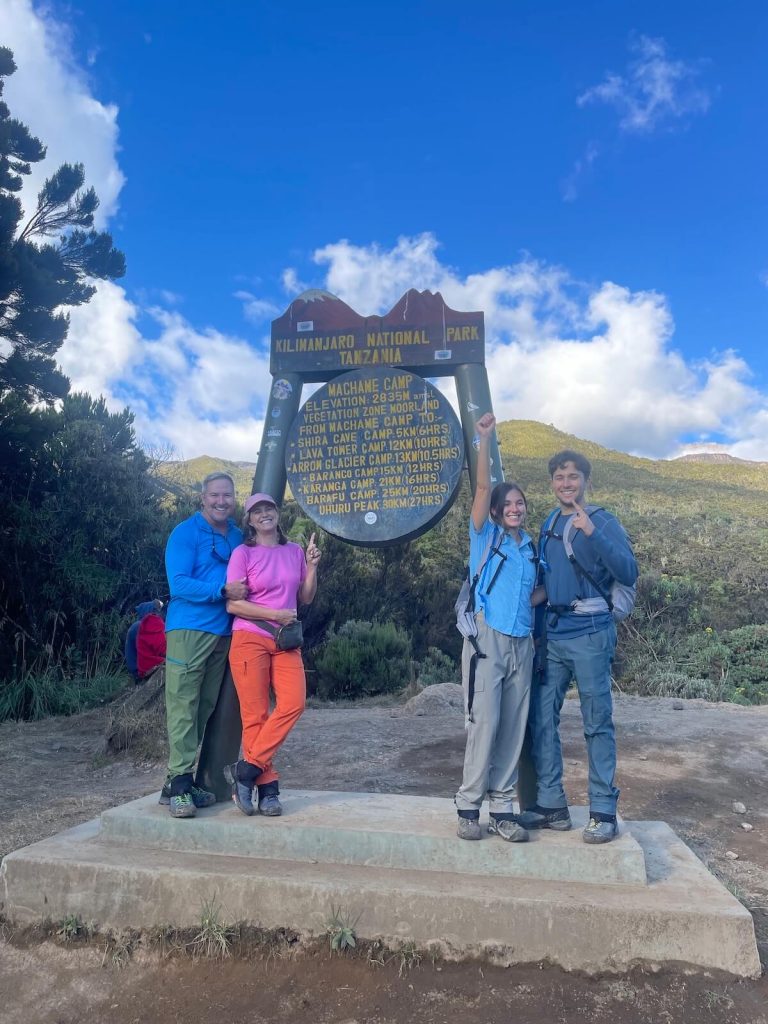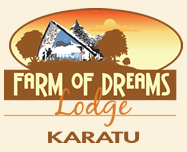10 Common Kilimanjaro Questions Answered
Planning your Kilimanjaro adventure can seem overwhelming, especially with so many questions to answer. Kiliclimb Africa Safaris is here to guide you through everything you need to know before embarking on this life-changing experience. Let’s dive into the most frequently asked questions about climbing Kilimanjaro with expert answers tailored to ensure your trek is smooth, safe, and unforgettable
Yes, hiking Kilimanjaro is challenging, but it’s entirely doable with proper preparation and the right mindset. The trek involves long days of walking (up to 8 hours on some days), steep inclines, and altitude changes. However, Kiliclimb Africa Safaris carefully designs itineraries to allow for proper acclimatization, slow pacing (or “pole pole,” as it’s called in Swahili), and rest days. Our expert guides will be with you every step of the way to ensure your safety and success.
Though it’s not a walk in the park, hikers of varying fitness levels, from seasoned trekkers to beginners, have successfully summited Kilimanjaro. If you remain positive and follow your guide’s advice, it’s an achievable goal.
Training is highly recommended. While you don’t need to be a marathon runner, a basic level of fitness will go a long way in making your climb more enjoyable. Start with endurance-building activities like walking, hiking on hilly terrain, and strength exercises for your legs and core. Carrying a backpack during walks to simulate the load you’ll carry on Kilimanjaro (about 10-15 lbs) can help you prepare.
At Kiliclimb Africa Safaris, we encourage training hikes with elevation gain, as well as practicing breathing techniques (like yoga) to improve lung capacity for high-altitude conditions.
Almost anyone in good health can hike Kilimanjaro, regardless of age. At Kiliclimb Africa Safaris, we’ve guided clients ranging from 11 to over 70 years old to the summit. While prior hiking experience helps, it’s not essential. If you have underlying medical conditions, particularly those affecting your heart, lungs, or mental health, consult a doctor before committing.
Remember, Kilimanjaro is not just a physical challenge—it’s a mental one too. With a good attitude, determination, and careful pacing, most people can achieve the summit.
Summiting Kilimanjaro typically takes between 5 to 9 days, depending on the route you choose. Kiliclimb Africa Safaris offers several popular routes, each with unique features:
Kiliclimb Africa Safaris typically recommends longer routes like Lemosho or Machame for better acclimatization, which increases your chances of reaching the summit safely.
Kiliclimb Africa Safaris provides a comprehensive packing list to ensure you’re fully prepared. Essential items include:
We also advise renting gear locally for items like sleeping bags and trekking poles to minimize your luggage. You’ll be provided with a weight limit for your porter to carry (usually around 15 kg), so pack smart!
Kiliclimb Africa Safaris offers all-inclusive Kilimanjaro packages to minimize hassle. Our packages typically include:
Tips for the guides and porters, personal gear, and any additional accommodations in Tanzania are usually extra.
Altitude sickness can affect anyone, regardless of fitness level. Common symptoms include headaches, nausea, and dizziness, especially at elevations above 3,000 meters (9,800 feet). At Kiliclimb Africa Safaris, we take acclimatization seriously by following a “climb high, sleep low” strategy and recommending the use of medication like Diamox to prevent severe symptoms.
Our guides are trained in altitude sickness management and monitor your health closely throughout the trek, ensuring safety is the priority.
Yes, there will be bathrooms, but please note that the public toilet facilities on Mount Kilimanjaro are basic, typically consisting of "long-drop" pit latrines. However, Kiliclimb Africa Safaris offers a more comfortable option on all our climbs—private portable toilets for added convenience.
For those looking for a more luxurious experience, we also provide shower facilities as part of our VIP packages. This ensures that even in the challenging conditions of the mountain, you can maintain a higher level of comfort.
No problem! Kiliclimb Africa Safaris offers both private and group tours, making it easy to join other adventurers. Solo travelers are always welcome, and our group trips foster a great sense of camaraderie. If you prefer privacy, we can arrange a solo trek with personalized services to suit your preferences.















+255 768 735 700 (Managing Director)
+255 764 117 423 (Founder & Expert Guide)
